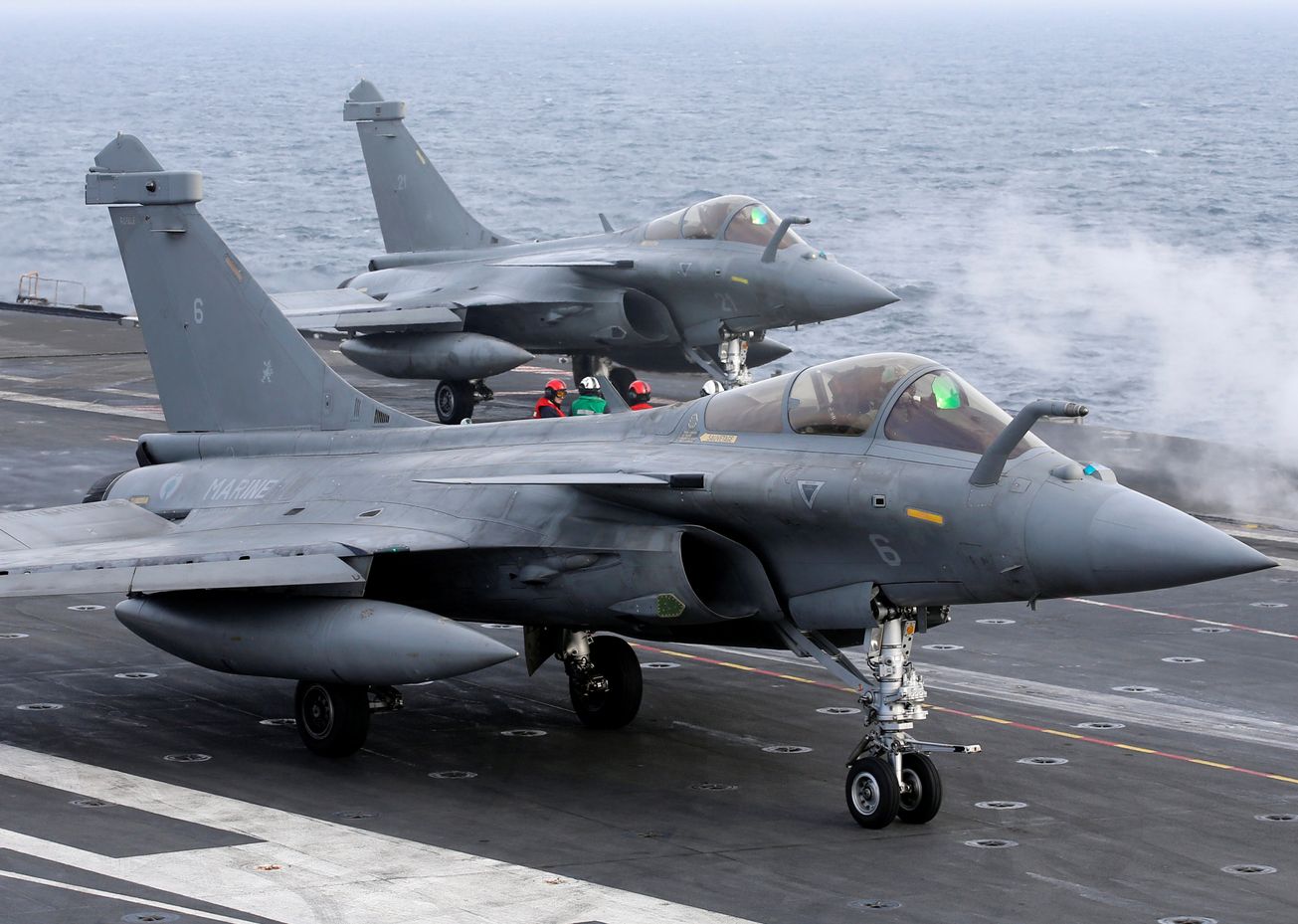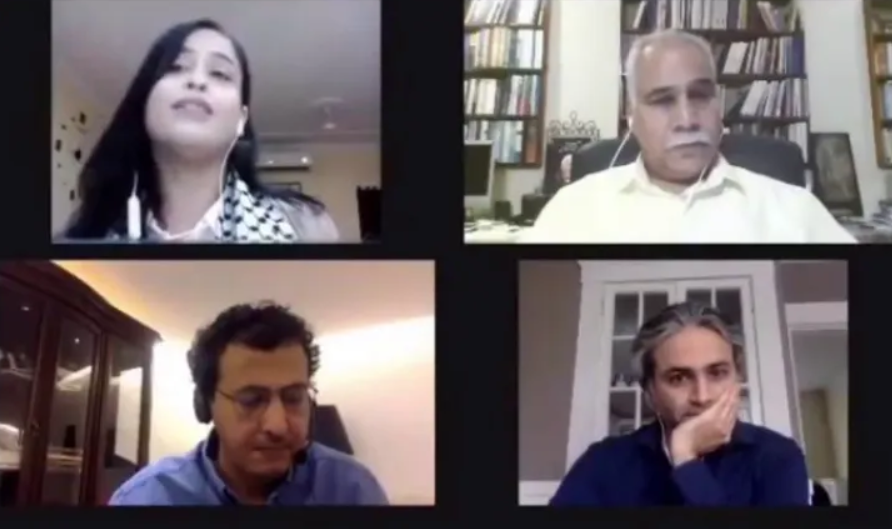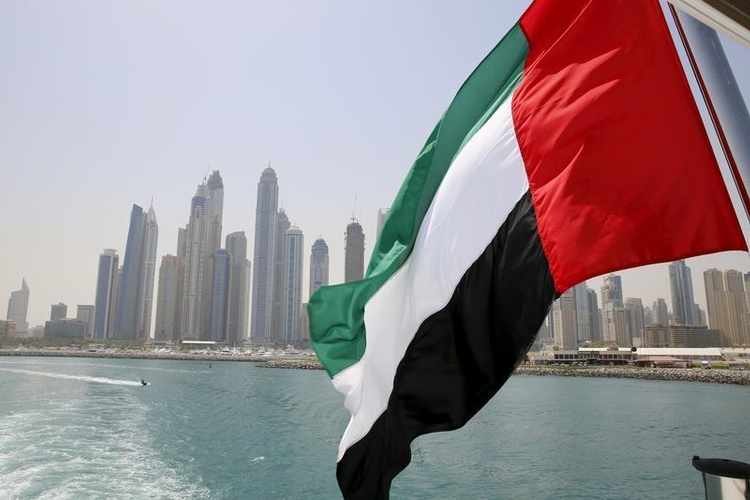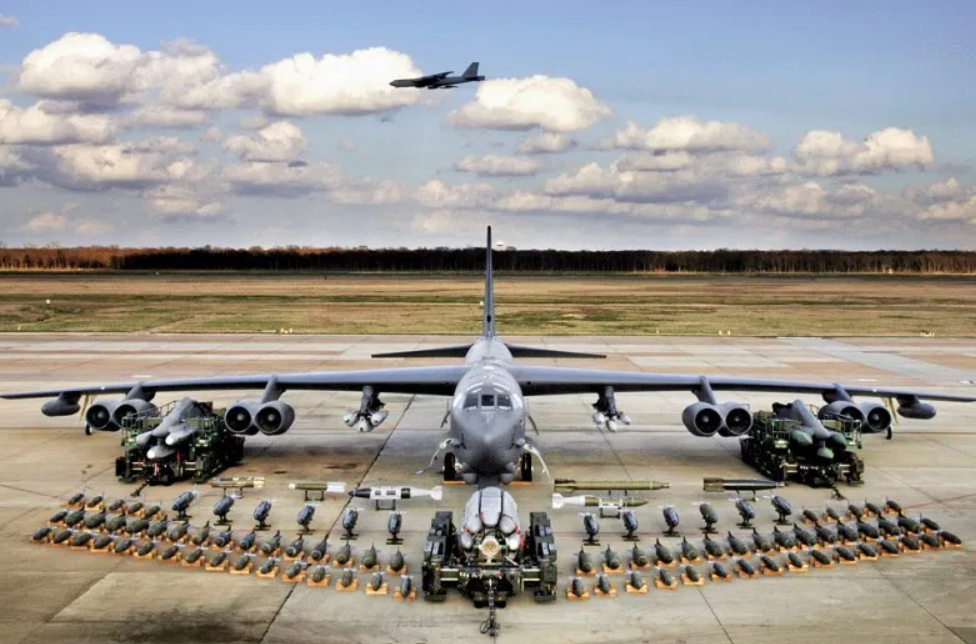France plays a leading role in global arms exports. According to the Stockholm International Peace Research Institute (SIPRI), from before the Arab Spring protests in 2011 up until today, France has been in the top-5 of global arms exporters. In 2017, France took over China’s place as the third-largest arms exporter. The latest SIPRI report[…]
12 May 2020 – On Saturday, Bahrain’s government forced the cancellation of an online symposium featuring speakers opposed to the normalisation of diplomatic ties between the Gulf States and Israel. The online broadcast was suspended shortly after it began, following a call to event organisers by Bahrain’s Ministry of Labour and Social Development with orders[…]
Impunity in the United Arab Emirates (UAE) is endemic, thanks to a pervasive culture of dispensation in the upper echelons of government. The UAE can be described as an autocratic police state, with widespread censorship laws and high surveillance. The ambiguity of its laws allows the leadership to easily justify the quashing of dissent or[…]
The Netherlands entered the top-10 of global arms export in the 2013-2017 period according to the Trends in international arms transfers by the Stockholm International Peace Research Institute (SIPRI). SIPRI uses a Trend Indicator Value (TIV) that attributes to surplus weapons a 40% value of their original cost and small arms and ammunition are not[…]
The United Arab Emirates (UAE) government has an extensive history of using torture against those they percieve as a threat; this ‘threat’ most commonly includes human rights defenders, political opposition, religious figures, and journalists. On 19 July 2012, the UAE acceded to the United Nations Convention against Torture (UNCAT), which details obligations that the government[…]









